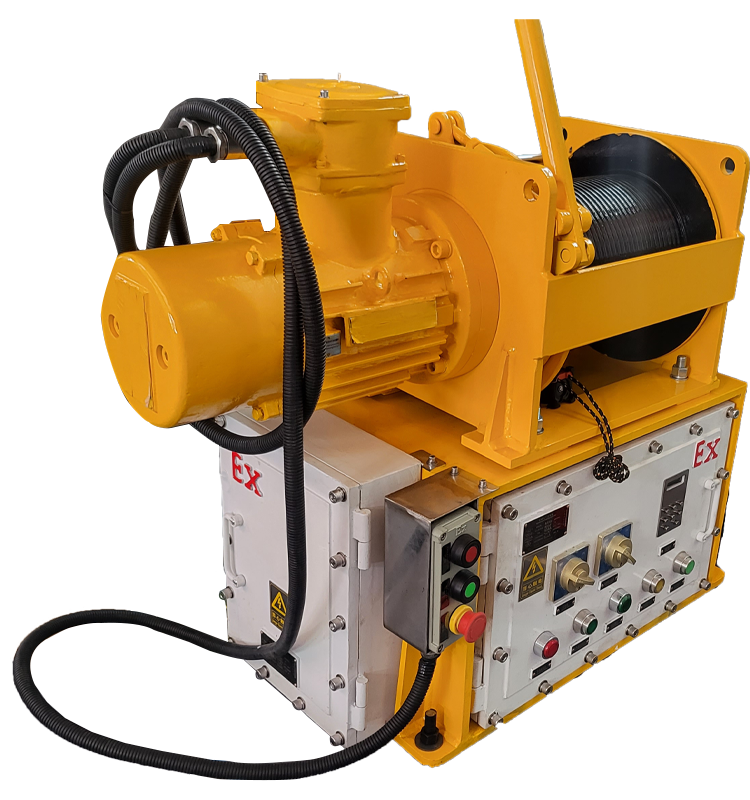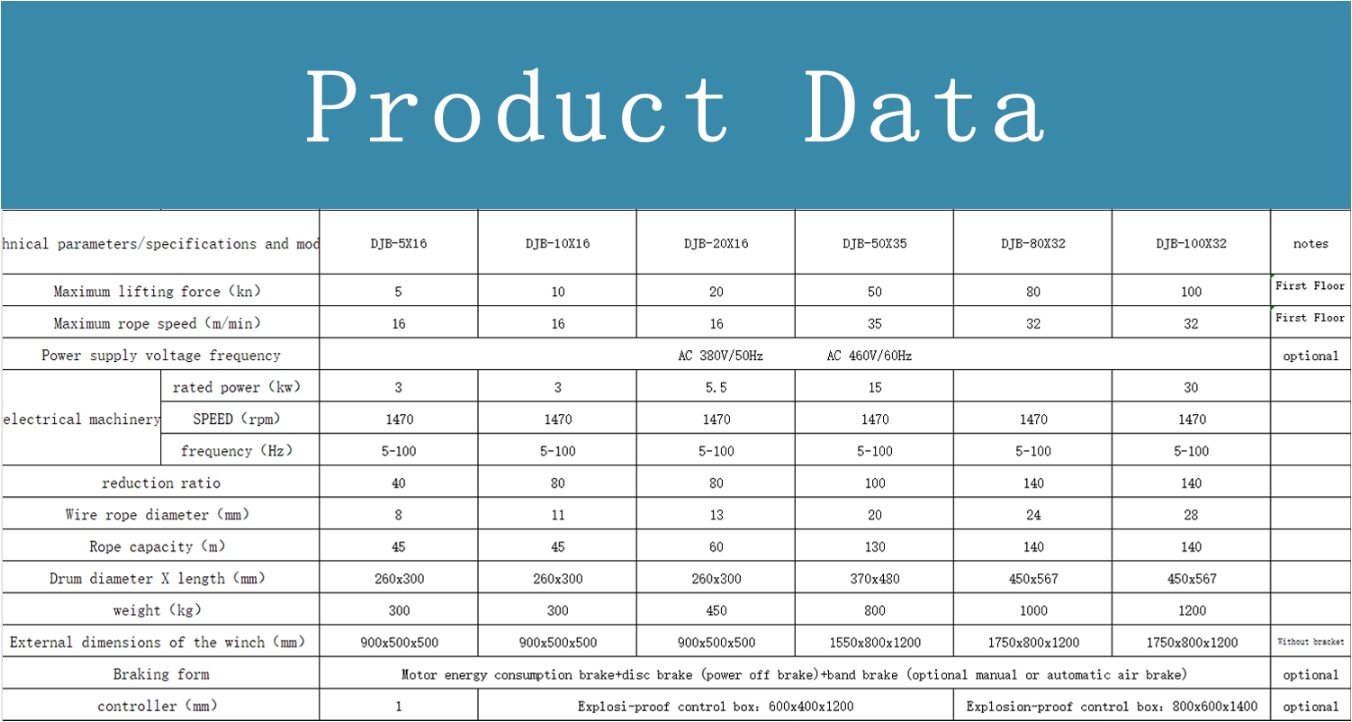 中文版
中文版



Welcome to contact us by phone:0086-0312-7969888
While electric winches are valuable tools for lifting, pulling, and positioning heavy loads, their use involves certain risks that should be carefully managed to ensure safety and prevent accidents. Some of the risks associated with using electric winches include:
Electrical Hazards:
Electric winches rely on electrical power sources, and there is a risk of electric shock if proper precautions are not taken. Operators should be cautious when working with electrical components and follow safety guidelines for electrical systems.
Cable or Rope Failure:
The cable or rope used in an electric winch can experience wear, fatigue, or damage over time. If not properly maintained or if overloaded, there is a risk of cable or rope failure, leading to the sudden release of tension and potential injury.
Overloading:
Exceeding the rated capacity of the electric winch can lead to overloading. Overloading poses a risk of equipment failure, damage to the winch, and the potential for accidents during lifting or pulling operations.
Equipment Damage:
Incorrect use, such as improper spooling or sudden shock loading, can lead to damage to the winch and associated components. Damaged equipment may fail unexpectedly, posing a danger to operators and bystanders.
Uncontrolled Movement:
If the winch is not properly controlled or if there is a failure in the control system, uncontrolled movement of the load or cable can occur, leading to accidents and injuries.
Pinch Points and Entanglement:
Winching operations involve moving parts that can create pinch points. Operators and bystanders should be cautious to avoid getting body parts, clothing, or other objects caught in moving components, reducing the risk of injury.
Insufficient Training:
Inadequate training of operators increases the risk of errors and accidents. Proper training in the use of electric winches, including understanding control functions, load capacities, and safety procedures, is essential.
Failure of Brake Mechanism:
Electric winches are equipped with brake mechanisms to control and secure the load. If the brake system fails or is not functioning correctly, it can lead to uncontrolled descent of the load.
Environmental Conditions:
Harsh environmental conditions, such as extreme temperatures, rain, snow, or high humidity, can affect the performance of electric winches. Operators should be aware of these conditions and take appropriate precautions.
Lack of Emergency Procedures:
In the absence of clear emergency procedures or if operators are not adequately prepared for unexpected situations, accidents can escalate, leading to injuries or damage.
Poorly Maintained Equipment:
Lack of regular maintenance can result in equipment malfunctions, decreased reliability, and increased risk of accidents. Routine inspections and maintenance are crucial for preventing issues.
Lack of Personal Protective Equipment (PPE):
Failure to use appropriate personal protective equipment, such as gloves and eye protection, increases the risk of injuries during winching operations.
To mitigate these risks, it is crucial to follow safety guidelines, conduct regular inspections and maintenance, provide proper training to operators, and adhere to manufacturer recommendations and industry standards. Additionally, having clear emergency procedures and ensuring operators are aware of them is essential for managing unexpected situations safely.

X